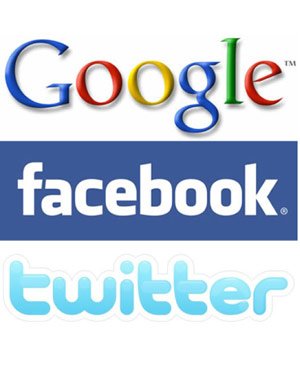

Johannesburg – As data costs drop, social media use has intensified among South Africans in the past year, with Facebook now being used by 29% of the population.
This is a key finding of the SA Social Media Landscape 2018 study, conducted by brand intelligence organisation Ornico and high-tech market research consultancy World Wide Worx.
The study found that the number of South Africans using Facebook has increased by 14% since 2016, from 14 million to 16 million.
Of these, 14 million accessed the social network on mobile devices.
- READ: Facebook hits 2 billion milestone
A big contributor to the increase was the growth in downloads of Facebook Lite, a low-intensity version of the Facebook app some mobile operators allow to be used without data charges on their networks.
The study showed that it was the fifth most downloaded app from the Google Play Store for Android phones in South Africa, with instant messaging apps WhatsApp and Facebook Messenger at numbers one and four respectively.
The Capitec app was a surprise entry into the list at number nine, making it the most downloaded banking app for Android.
“These are great examples of how tools geared towards the dynamics of a market can make a difference in uptake and penetration,” said Ornico CEO Oresti Patricios.
Mobile soon the default home of social media
“The staggering proportion of people accessing Facebook via mobile devices – no less than 87.5% – tells us that we can expect mobile to become the default home of social media.”
Twitter continues to grow at a slow rate in South Africa, in line with international trends, which have seen a small decline in the US balanced by a small increase in users outside the network’s home market.
It is now used by 8 million South Africans, up marginally from 7.7 million in 2016.
“Twitter remains the social platform of choice for engaging in public discourse,” said Arthur Goldstuck, MD of World Wide Worx.
“It is exactly half the size of Facebook, but its users get access to vastly more personalities, news sources, and opinions – and can become opinion-makers themselves.”
There were two surprise trends in the survey: the previously fastest growing app in South Africa, photo-sharing network Instagram, has seen its growth slow down dramatically, while professional network LinkedIn has maintained steady growth.
The former is now used by 3.8 million South Africans, up from 3.5 million, while LinkedIn usage has increased from 5.5 million to 6.1 million.
The study included a survey of social media use by South Africa’s biggest brands, with 118 participants providing insights into their social media practices, strategies and results.
The survey found significant shifts in each of the platforms used by brands, mostly upward. Facebook is now almost pervasive, in use by 97% of brands, from 91% the year before.
Twitter has increased marginally, from 88% to 90%, while LinkedIn and Instagram continued their relentless rises, now both standing at 72%.
YouTube has fallen slightly behind them, despite a marginal rise to 68%.
- READ: Inside Facebook’s new Joburg office
Declines were reported for Pinterest, Google+, WeChat, WhatsApp and SnapChat.
“The findings underline the lesson that widespread consumer takeup of a platform, as we have seen with WhatsApp in particular, does not lend itself readily to brands communicating with those consumers,” Patricios said.
A similar picture emerged when brands were asked whether they advertised on social media.
Facebook is by far the most popular for advertising at 86% of brands, with Twitter and Instagram in distant second and third place at 45% and 40%. LinkedIn comes in fourth, at 35%.
“It is noteworthy that most advertisers believe they see a return on investment when they advertise on social media,” Goldstuck said.
“By far the most common benefit they see is brand awareness, followed by customer insights and brands.”
[“Source-fin24”]

